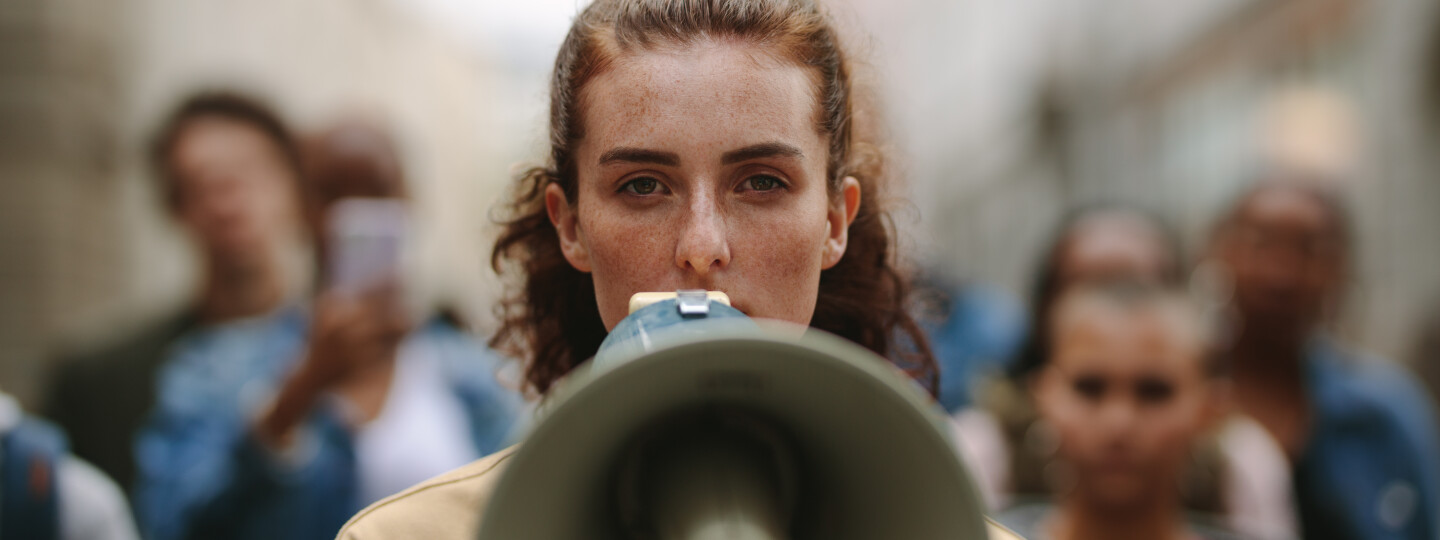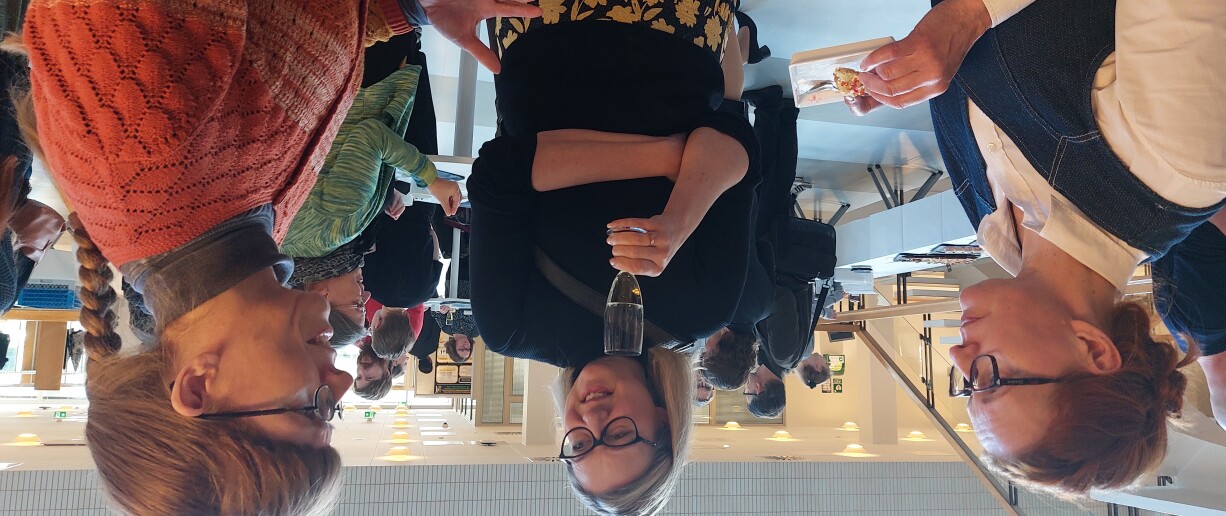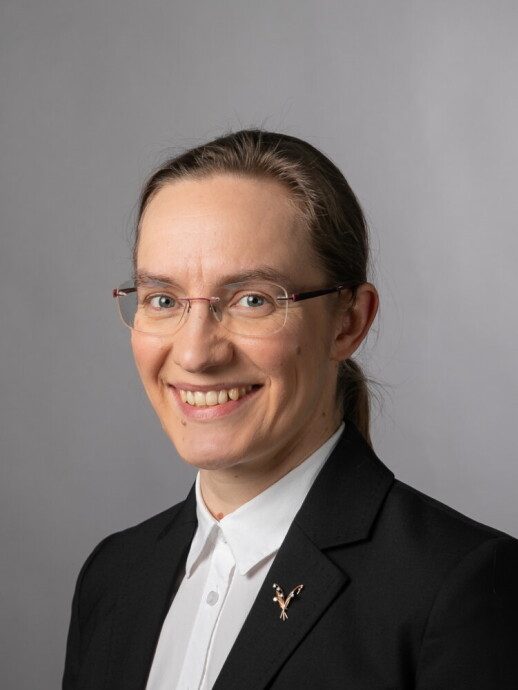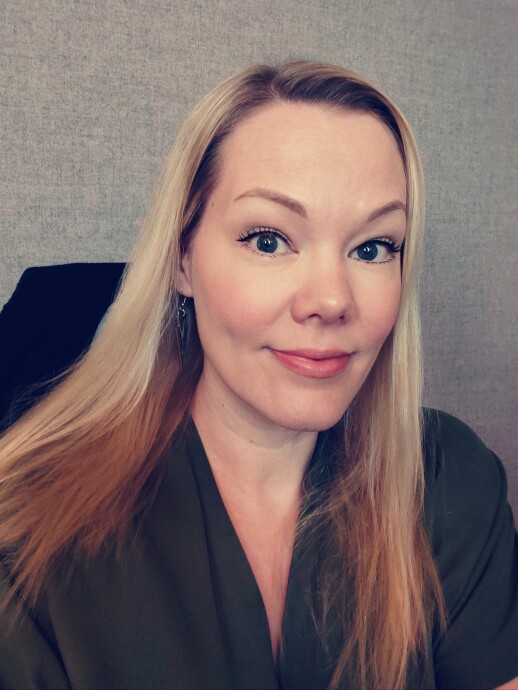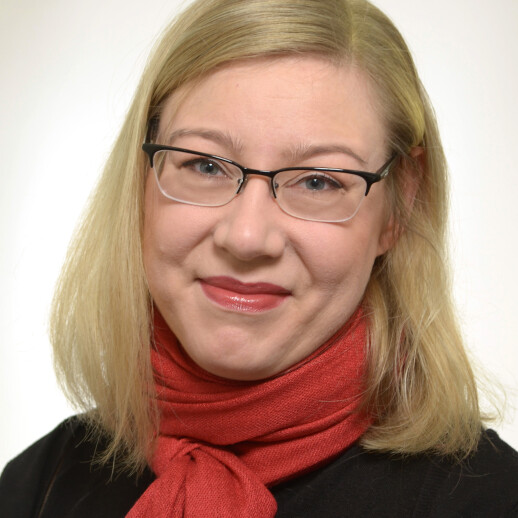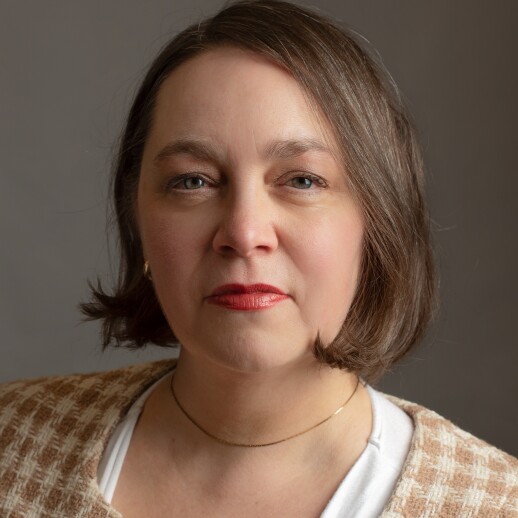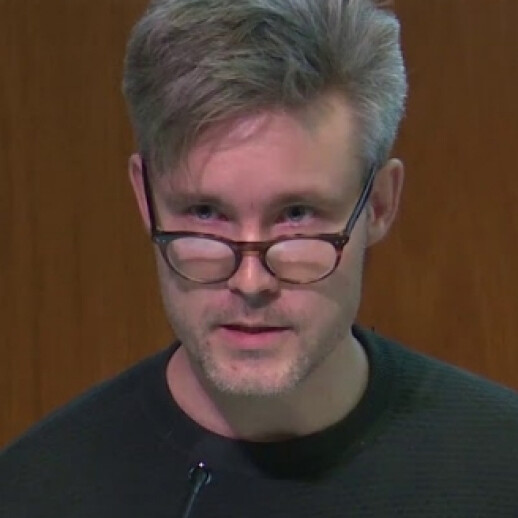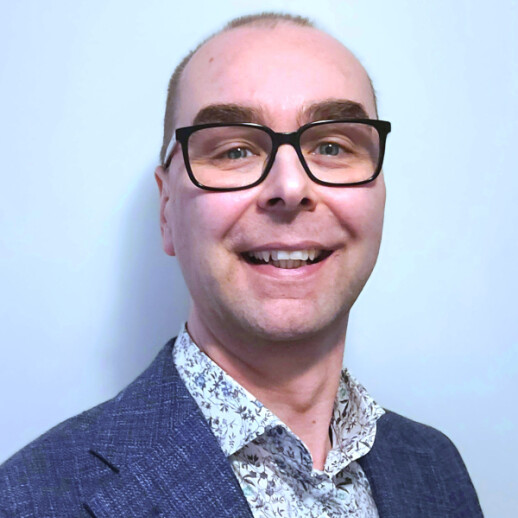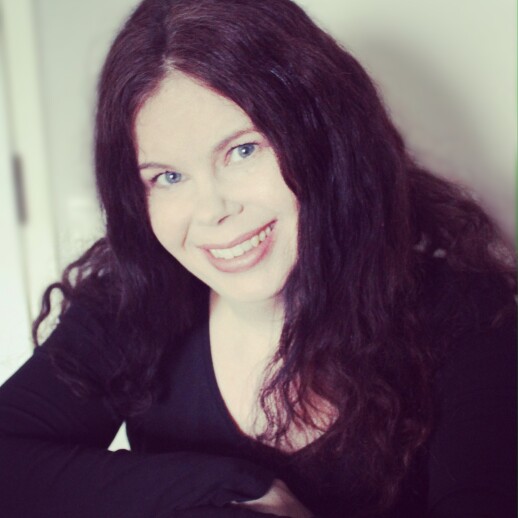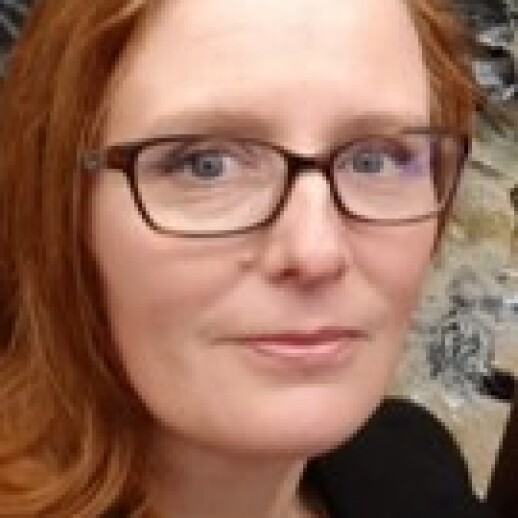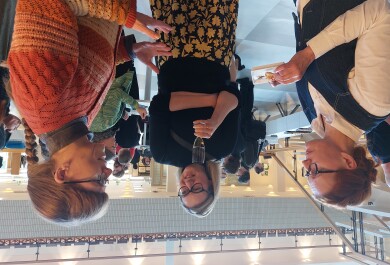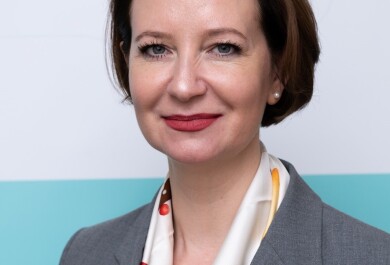Cultural memory and social change is one of the five multidisciplinary themes of the University of Turku. The University of Turku conducts extensive, critical and multidisciplinary research on cultural memory and its social connections, spanning from prehistoric times to futures research.
Cultural memory refers to the collective practices that societies use to build and uphold their relationship to the past, living in the present, and preparing for the future.
Communities, groups, and minorities have their own cultural memories, and understanding them forms the starting point for cultural sustainability and well-being. As society changes, the objects and practices of remembering also change; on the other hand, new practices of memory create conditions for understanding human diversity, social change and political debate. Individual and collective identities, and the boundaries and struggles associated with them, are essential for social change.
Read more about our research
The University of Turku conducts extensive, critical and multidisciplinary research on cultural memory and its social connections, spanning from prehistoric times to futures research.
Our areas of strength:
- Digital cultural heritage
- Human diversity and migration
Research related to cultural memory and social change is carried out in many faculties and units at the University of Turku.
Research projects
Instrumental Narratives: The Limits of Storytelling and New Story-Critical Narrative Theory (Academy of Finland, PI Hanna Meretoja)
#NeverAgain: Teaching Transmission of Trauma and Remembrance through Experiential Learning (EU/EC, PI Hanna Meretoja)
Seekers of the New: Esotericism and Religious Transformation in Finland during the Era of Modernisation from the 1880s to the 1930s (Kone, PI Maarit Leskelä-Kärki)
Interpreting Violence: Narrative, Ethics and Hermeneutics (NOS-HS, PI Hanna Meretoja)
Motherhood under Attack: A Transcultural Study of Literary Representations of Jewish Mothers during the Holocaust (Helena Duffy)
Emotional Immersion in Literary Texts (IMMERSED) (SA, PI Johanna K. Kaakinen)
Nordic Voices (NOS-HS, PI Anne Heimo)
Tracking the Therapeutic: Ethnographies of Wellbeing, Politics and Inequality (TRACKTHERA) (Academy of Finland, PI Suvi Salmenniemi)
Contestation of Health and Wellbeing in the Nordic Countries (NOS-HS workshop grant, 2020-2021, PI Suvi Salmenniemi)
PhD research: Documentary imagination: Performing difficult pasts in contemporary Nordic documentary (Niina Oisalo)
Hollowing Out of Public Education Systems? Private Actors in Compulsory Schooling in Finland, Sweden and New Zealand (HOPES) (Academy of Finland, PI Piia Seppänen)
Living on the Edge: Lifelong Learning, Governmentality and the Production of Neurotic Citizen (ONELLL) (Academy of Finland, PI Heikki Silvennoinen)
Passion and Emotion in Finnish Secondary Schools, 1960-1975: The Breaking of the Emotional Regime in the Final Stages of the Secondary School System (Ville Soimetsä)
The War Veterans and the Finnish Society 1940–2020 (Olli Kleemola)
Spaces of Confinement in the Institutions of Care and Control in Finland (Academy of Finland, PI Päivi Rannila)
Legal Literacy in Finland ca. 1750-1920: A Case of Popular Legal Learning in Pre-modern Europe (LegalLiFin) (Academy of Finland, PI Mia Korpiola)
Finno-Ugric Genome (Erkko Foundation, Kone, Finnnish Cultural Foundation, PI Päivi Onkamo)
Kipot ja kielet: arkeologisten esineiden ja kielellisten typologioiden tietokantoja (PI Päivi Onkamo & Outi Vesakoski)
Computational History and the Transformation of Public Discourse in Finland, 1640–1910 (Academy of Finland, PI Tapio Salakoski & Hannu Salmi)
Oceanic Exchanges: Tracing Global Information Networks In Historical Newspaper Repositories, 1840–1914 (Trans-Atlantic Platform, PI Hannu Salmi)
IN SITU: Place-based innovation of cultural and creative industries in non-urban areas (HE, PI Maunu Häyrynen, PI of Finland Futures Research Centre team Katriina Siivonen, Pauliina Latvala-Harvilahti, Marjo Heino, Aleksandra Nenko)
Kohti jälkifossiilista työelämää, POFOTYÖ (Finnish Work Environment Fund, PI Suvi Salmenniemi, Eeva Houtbeckers, Hanna Ylöstalo, Katriina Siivonen, Satu Tuittila)
Sufficiency solutions for a resilient, green, and just Finland, SISU (Strategic Research Council, Katriina Siivonen)
SELMA: Centre for the Study of Storytelling, Experientiality and Memory
Center for the Study of Bioethics
Centre for Research on Learning and Instruction (CERLI)
Centre for Research on Lifelong Learning and Education CELE
Centre for East Asian Studies (CEAS)
Centre for the Study of Language and Wellbeing (LaWe)
Cultural Interaction Researcher Network (KULTVA)
International Institute for Popular Culture (IIPC)
John Morton Center for North American Studies
Research Centre for Culture and Health
The Multilingual Turku (MTurku) network
Turku Centre for Medieval and Early Modern History (TUCEMEMS)
Research profile projects funded by the Academy of Finland
Cultural Heritage in the Digital Age: The project explores the challenges posed by the digitisation of cultural heritage as well as the continuously emerging new forms of digital cultural heritage.
DigiHeri is funded by the Academy of Finland (Profi 8).
Coordination: Professor Hannu Salmi.
Human Diversity focuses on cutting-edge research on how human contacts and communication networks influence material and immaterial culture, genes, disease burden, transgenerational effects and evolutionary fitness of people. We tackle the following questions: How did past contacts and communication networks induce current human diversity, and how will society be prepared for future changes in diversity?
Human Diversity is funded by the Academy of Finland (Profi7) and links to the University of Turku’s strategic research and education profile “Cultural memory and social change”.
